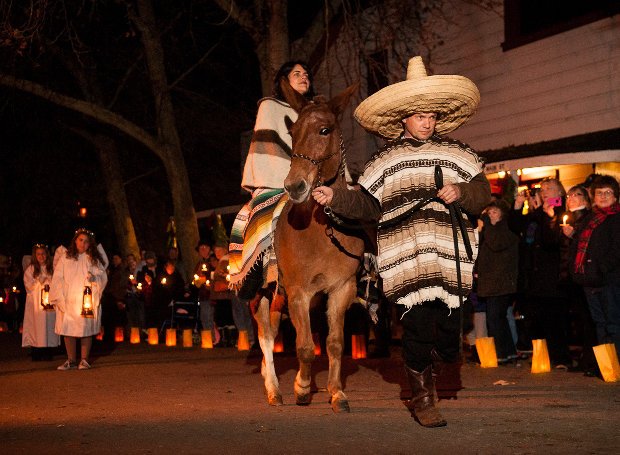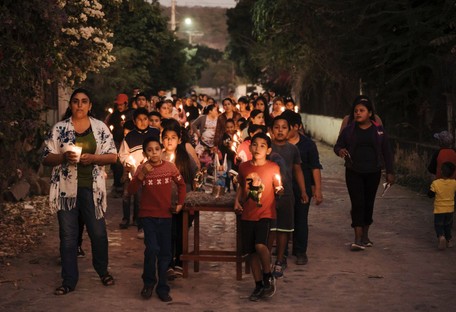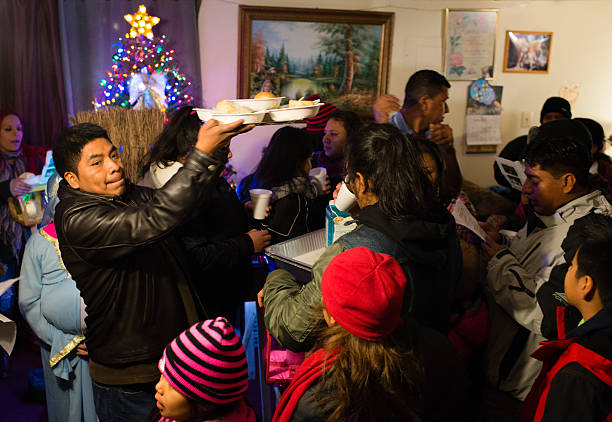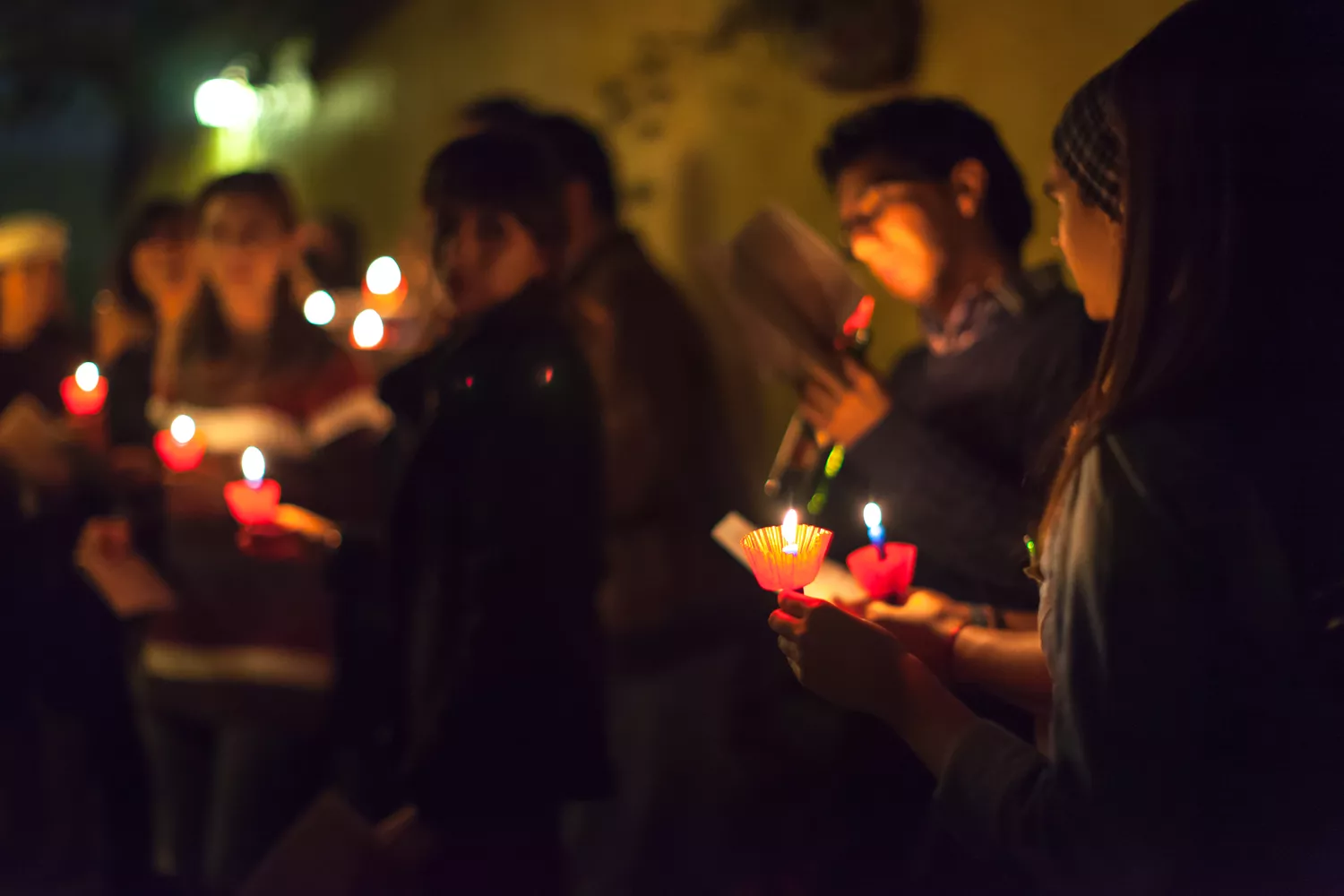Every year, as December unfolds its festive spirit, the Hispanic community comes together to celebrate one of its most cherished traditions: the posadas. Rooted in religious and cultural heritage, posadas represent a religious celebration observed in many Latin American countries, fostering a sense of unity, faith, and community.
The word “posada” translates to “inn” or “lodging” in English, and the tradition commemorates the journey of Mary and Joseph in search of shelter before the birth of Jesus Christ. Originating in Mexico, posadas have evolved over centuries, but they have remained deeply intertwined with the Christian and Catholic faith.

The tradition typically spans nine nights, starting on Dec. 16th and culminating on Christmas Eve. Each night represents one of the nine months of Mary’s pregnancy. Families, neighborhoods, or communities come together, reenacting Mary and Joseph’s quest for lodging.
The central element of Posadas involves a procession where individuals, often carrying candles, gather outside houses, representing the Holy Family’s search for shelter. One group portrays Joseph and Mary, while another group acts as the innkeepers. They sing traditional songs, known as “villancicos,” requesting lodging for the night.

In some posadas, the “innkeepers” initially deny shelter, following a scripted dialogue, until the designated “inn” finally welcomes them in, symbolizing the acceptance of Jesus into the home. Once inside, prayers, hymns, and festive meals commence, emphasizing the themes of hospitality, generosity, and solidarity.
Each night’s reenactment culminates in a gradual build-up, echoing the anticipation felt during Mary and Joseph’s journey. This anticipation reaches its pinnacle on Christmas Eve, marking the tradition’s zenith with a midnight Mass known as “Misa de Gallo” or “Rooster’s Mass.” Here, the community comes together to commemorate the birth of Jesus Christ. To conclude the ceremony, it is custom for children to break open piñatas filled with candy, toys, and, occasionally, money.

At a posada, you’ll are often eat traditional Latin dishes such as tamales, buñuelos (fried dough), ponche (fruit punch), and atole (a hot corn-based beverage). These common Latin holiday foods add to the festive ambiance and signify hospitality and sharing.
The tradition reflects resilience and perseverance, mirroring the journey and struggles faced by Mary and Joseph. It emphasizes empathy and compassion, encouraging individuals to reflect on the importance of offering kindness and support to those in need, just as the Holy Family sought shelter.

Furthermore, Posadas preserve and transmit cultural heritage from one generation to another. Through music, food, prayers, and storytelling, young ones learn about their heritage, strengthening their cultural identity and ties to the community.
Posadas hold a profound cultural and social value in Hispanic communities. They serve as a symbol of unity, bringing families, friends, and neighbors together in a spirit of joy. The sense of community fostered during Posadas extends beyond religious boundaries, embracing inclusivity, culture and togetherness.




